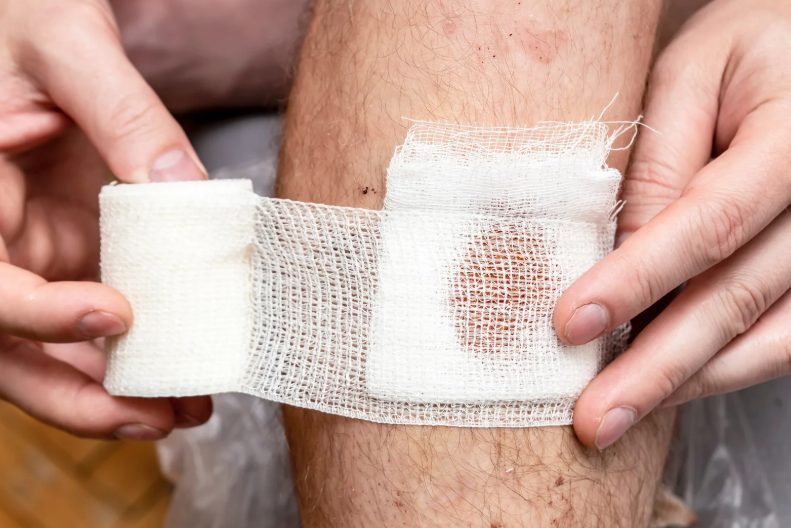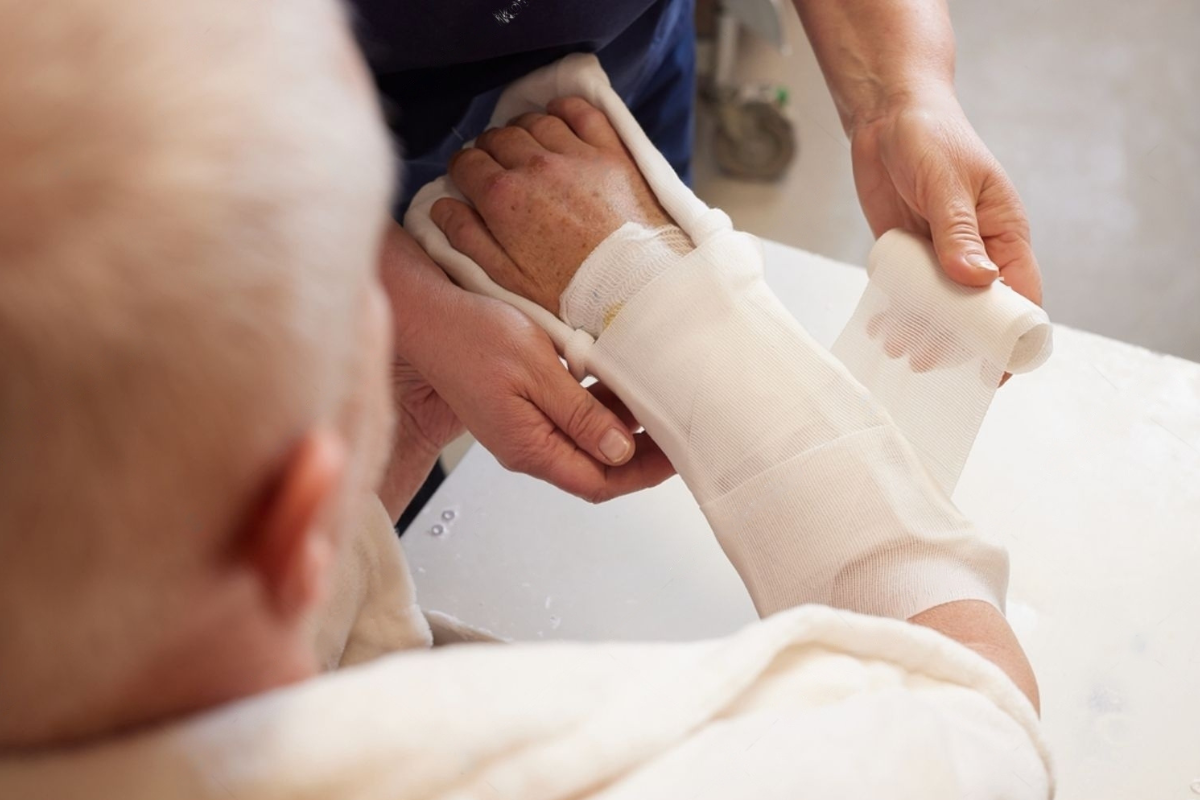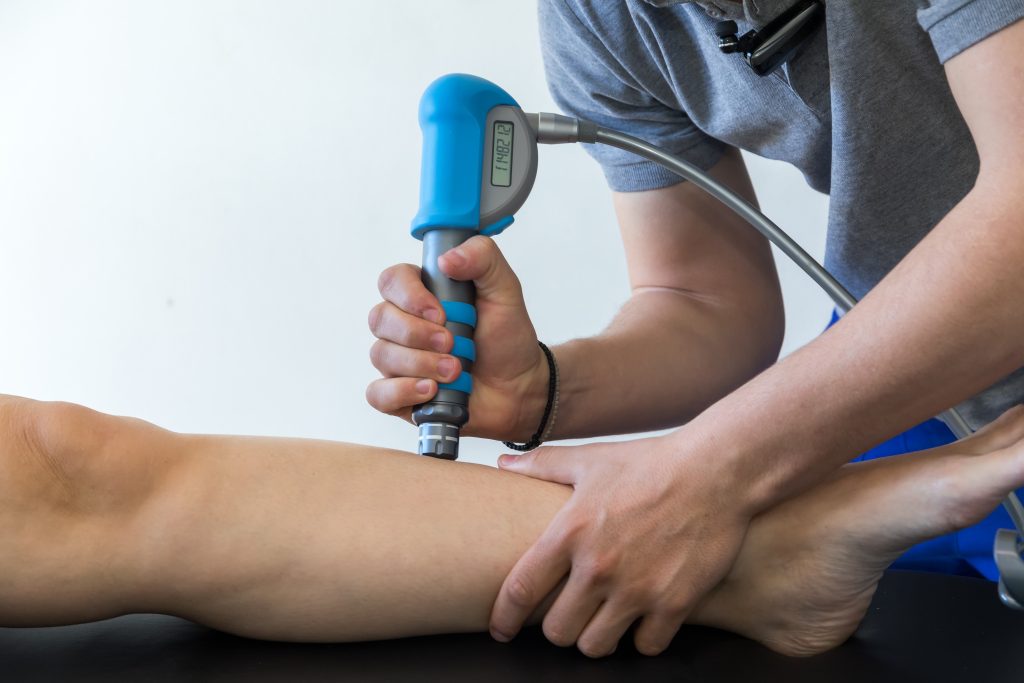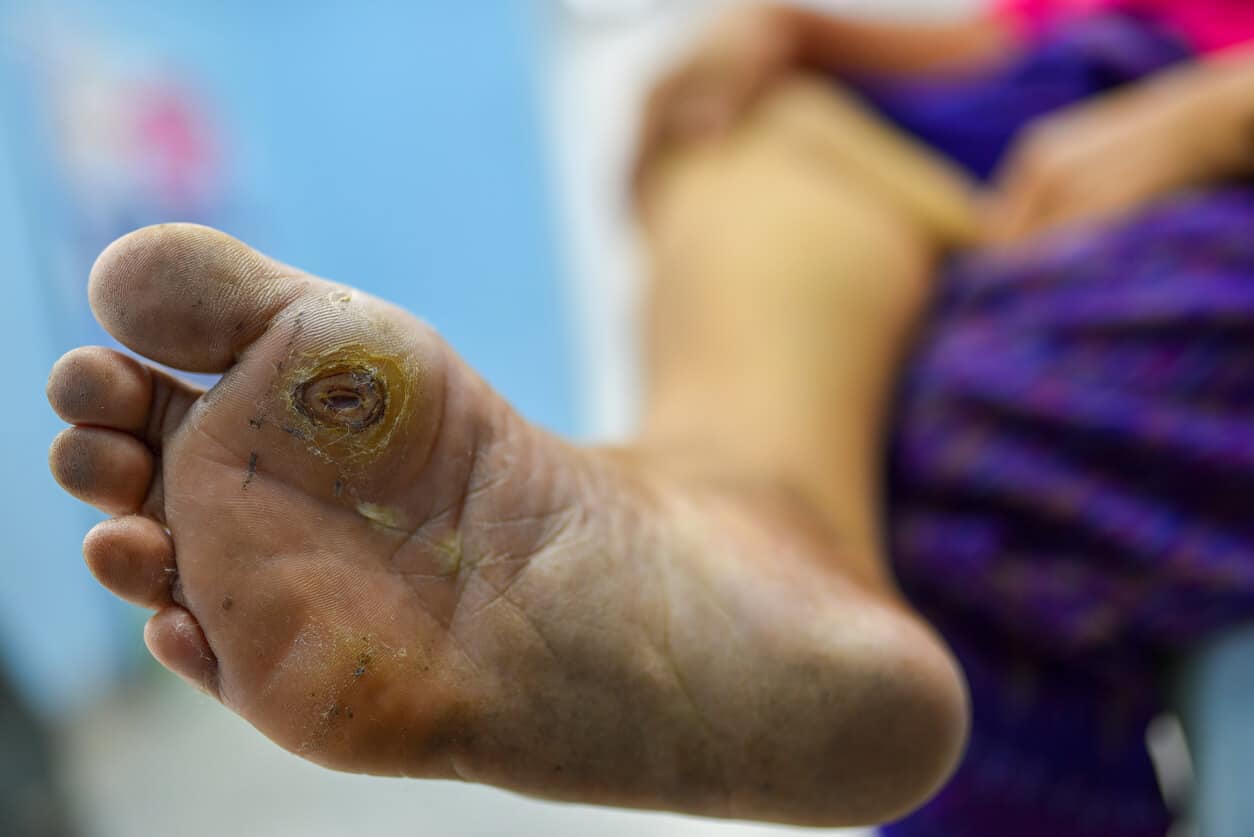Maintaining healthy joints and mobility is crucial for overall well-being and quality of life. As joint and mobility issues become increasingly prevalent, many individuals are seeking advanced solutions to alleviate their discomfort. Orthopedic specialists play a key role in providing these solutions, employing the latest innovations to address common issues such as arthritis, tendonitis, and bursitis. This blog explores the groundbreaking treatments that orthopedic specialists offer to improve joint health and mobility.
Understanding Joint and Mobility Issues
Joint and mobility issues encompass a range of conditions that can significantly affect daily activities. From arthritis to tendonitis and bursitis, these problems can limit movement and cause pain. Orthopedic specialists are experts in diagnosing and treating these conditions, understanding how they impact patients’ lives. By recognising the importance of specialized care, individuals can receive tailored treatments that address their specific joint and mobility concerns.
Cutting-Edge Non-Surgical Treatments
Platelet-Rich Plasma (PRP) Therapy
Orthopedic specialists utilise Platelet-Rich Plasma (PRP) therapy as a non-surgical treatment for various joint issues. PRP therapy involves injecting a concentration of platelets from the patient’s own blood into the affected area to promote healing and reduce inflammation. This innovative approach has shown promising results in treating conditions like arthritis and tendonitis, offering patients a minimally invasive alternative to traditional treatments. Recent advancements in PRP technology continue to enhance its effectiveness.
Stem Cell Therapy
Another groundbreaking treatment offered by orthopedic specialists is stem cell therapy. This technique involves using stem cells, often derived from the patient’s own body, to repair damaged tissues and joints. Stem cell therapy differs from traditional treatments by potentially regenerating damaged cartilage and reducing pain more effectively. Current research highlights its success in improving joint function and providing long-lasting relief.
Regenerative Medicine
Regenerative medicine represents a frontier in orthopedic treatments, where specialists use advanced techniques to repair and rejuvenate damaged tissues. This includes the application of growth factors and cytokines to stimulate natural healing processes. Orthopedic specialists are at the forefront of this field, exploring how regenerative medicine can offer new solutions for joint and mobility issues, potentially transforming patient care.
Advanced Surgical Options
Minimally Invasive Joint Surgery
When non-surgical methods are insufficient, orthopedic specialists may recommend minimally invasive joint surgery. Techniques like arthroscopy allow for small incisions and the use of specialized instruments to treat joint issues with minimal disruption to surrounding tissues. This approach offers several advantages over traditional open surgery, including reduced recovery times and less postoperative pain, making it an attractive option for many patients.
Robotic-Assisted Joint Replacement
Robotic-assisted joint replacement is an advanced surgical option that orthopedic specialists use to enhance precision and outcomes. By incorporating robotic technology, these specialists can perform joint replacements with greater accuracy, leading to improved results and quicker recovery. This innovative approach represents a significant advancement in joint surgery, providing patients with state-of-the-art care.
Innovative Physical Therapy Techniques
Biomechanical Analysis
Orthopedic specialists employ biomechanical analysis to assess how movement patterns affect joint health. This technology helps in designing personalized physical therapy programs that address specific issues and improve overall function. By analysing movement, specialists can tailor interventions that enhance recovery and prevent further injury, ensuring more effective treatment outcomes.
Virtual Reality (VR) Therapy
Virtual Reality (VR) therapy is an emerging tool in physical rehabilitation, utilized by orthopedic specialists to create immersive environments that aid in recovery. This innovative approach helps patients engage in therapeutic exercises in a controlled and motivating setting, making rehabilitation more effective and enjoyable. VR therapy represents a significant advancement in physical therapy techniques, offering new possibilities for improving mobility.
Wearable Technology
Wearable technology is another exciting development that orthopedic specialists use to monitor and support patients’ rehabilitation. Devices that track movement, gait, and muscle activity provide valuable data that specialists can use to adjust treatment plans and track progress. This technology enhances the precision of physical therapy and contributes to more successful recovery outcomes.
Lifestyle and Preventative Strategies
Personalized Exercise Programs
Orthopedic specialists emphasize the importance of personalized exercise programs to maintain joint health and prevent issues. By creating customized regimens tailored to individual needs, specialists help patients strengthen muscles, improve flexibility, and support joint function. These exercise programs are designed to address specific conditions and promote overall mobility.
Nutritional Support for Joint Health
Diet plays a crucial role in joint health, and orthopedic specialists often provide guidance on nutrition to support joint function. Recommendations may include dietary changes and supplements that reduce inflammation and support cartilage health. By incorporating a joint-friendly diet, patients can enhance the effectiveness of their treatments and maintain better joint health.
Future Trends in Orthopedic Treatments
Emerging Technologies
Orthopedic specialists are continuously exploring emerging technologies that promise to revolutionize joint and mobility treatments. Innovations such as advanced imaging techniques and next-generation surgical tools are on the horizon, potentially transforming how joint issues are managed. Staying abreast of these advancements allows specialists to offer cutting-edge care to their patients.
Ongoing Research and Clinical Trials
Ongoing research and clinical trials are crucial for advancing orthopedic treatments. Orthopedic specialists are involved in these studies to explore new therapies and improve existing ones. By participating in research, specialists contribute to the development of more effective treatments and better patient outcomes in the future.
Takeaway
The field of orthopedics is rapidly evolving, with specialists employing innovative treatments to address joint and mobility issues. From non-surgical options like PRP and stem cell therapy to advanced surgical techniques and physical therapy innovations, these treatments offer new hope for improved joint health. Consulting with an orthopedic specialist can help you explore these options and find the best solution for your specific needs.











